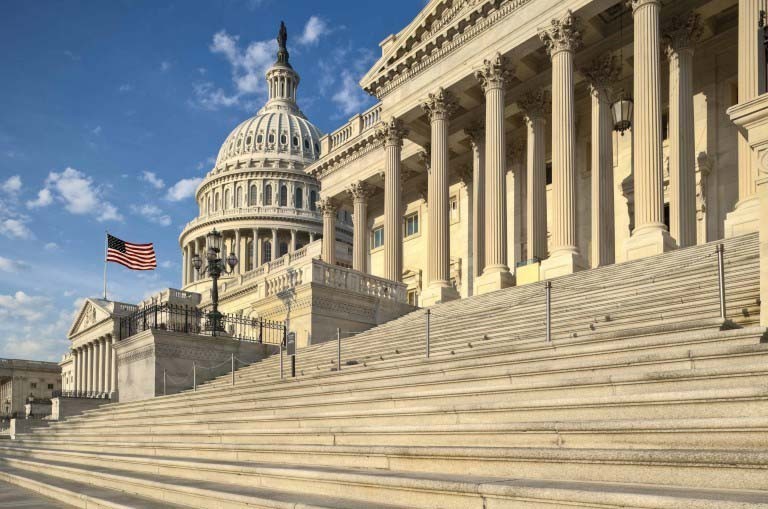- Cuidado de salud
- Artículo
- Lectura de 6 minutos
- Last Updated: 12/23/2019
(Update) Provisions in Spending Bill Impact Health Care and the Affordable Care Act

Table of Contents
Update: On Dec. 19, 2019, Congress passed a spending bill signed into law by President Trump the next day that included several provisions related to health care and the Affordable Care Act. Notable among the provisions are:
- Repeals of the Cadillac Tax and the Medical Device Tax
- Repeal of the Health Insurance Tax
- Extension of the Patient-Centered Outcomes Research Institute (PCORI) fees
Effective Jan. 1, 2020, the Cadillac Tax, the name given to the excise tax on high-cost employer-sponsored health coverage, and the Medical Device Excise Tax will cease, while the repeal on the Health Insurance Tax doesn't go in to effect until Jan. 1, 2021.
The PCORI, a non-profit corporation established to assist patients, clinicians, and policymakers in making informed, research-based health decisions, is partially funded using these fees, which the law now increases and extends to 2029 from its original expiration date of 2019.
The following article was originally published Jan. 25, 2018, and has details on each of these taxes.
On Jan. 23, 2018, Congress passed and the president signed into law a bill to provide continued government funding until Feb. 8. The Continuing Resolution bill, H.R. 195, Extension of Continuing Appropriations Act 2018, Healthy Kids Act, includes the following provisions related to health care and/or the Affordable Care Act (ACA):
Cadillac Tax
This provision delays implementation of the Excise Tax on High Cost Employer-Sponsored Health Coverage (also known as the "Cadillac Tax") from Jan. 1, 2020 to Jan. 1, 2022. The Cadillac Tax refers to a 40 percent tax charged on amounts in excess of established thresholds and is to be paid by an insurance company or plan sponsor (in the case of self-insured plans). In general, the thresholds of $10,200 (individual) and $27,500 (family) are an aggregate of the total cost of health coverage. It should be noted, there are carve-outs and exceptions to these thresholds.
Even if the employers are not responsible for paying the tax--because they do not sponsor a self-insured plan--they are still responsible for calculating the total excess and dividing the amounts pro-rata across the various plans. This is the second two-year delay for this tax. This delay gives employers additional time to evaluate the impact of this tax on their health offerings.
Medical Device Excise Tax
This provision extends the suspension of the Medical Device Excise Tax (contained in the ACA) until Jan. 1, 2020. The Medical Device Excise Tax imposed a 2.3 percent excise tax on the sale of specific medical devices that manufacturers and importers of these devices were required to pay. In 2015, Congress imposed a two-year moratorium regarding the tax. As a result, this tax did not apply through the end of 2017.
Health Insurance Provider Fee
This provision extends the moratorium on the Health Insurance Providers Fee (contained in the ACA) until Jan. 1, 2020. Originally, the ACA imposed this fee on covered entities that provide health insurance. Exclusions exist for certain governmental entities, self-insured employers, and some nonprofits.
Children's Health Insurance Program (CHIP)
This provision extends funding for the Children's Health Insurance Program for six years. CHIP provides low-cost health coverage to the children of families that make too much money to qualify for Medicaid. Without federal funding, many states would need to draw on revenue sources elsewhere or dramatically scale back the program. This helps alleviate uncertainty for state budgets for the next six years.
Tags








